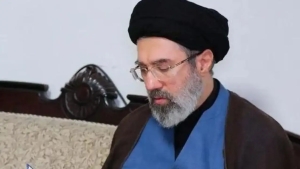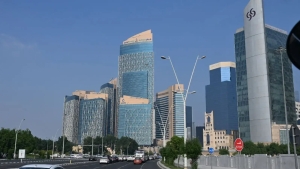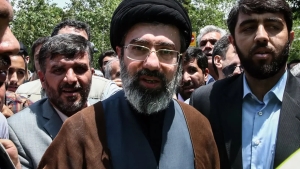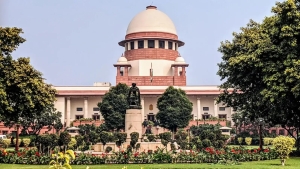Conflicts in Nigeria: Religion or Economic Causes?
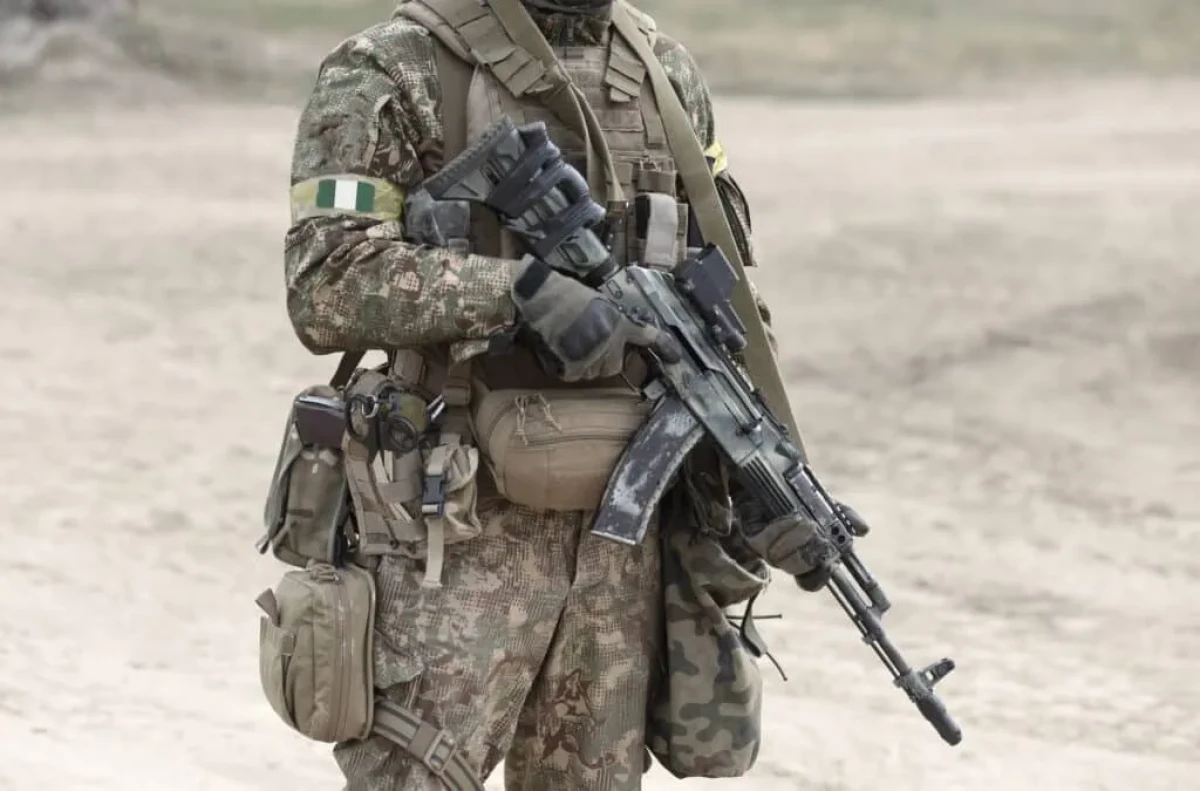
On November 1, US President Donald Trump accused the Nigerian government of "failing to stop the mass slaughter of Christians" and threatened the possibility of military strikes against "Islamist terrorists." This was reported by Zamin.uz.
Among Nigeria's population, 56.1% adhere to Islam, while 43.4% follow Christianity. Although the Nigerian government acknowledges the existence of this problem, it rejects the notion of a "Christian genocide."
Officials consider such statements a misinterpretation of the country's social diversity and complex situation. But are Nigerian Christians truly facing a "life-or-death threat," as emphasized by the US leader?
What is the role of religion in the conflicts? And who stands behind these attacks?
According to statistics, from October 2019 to September 2023, at least 16,769 Christians were killed and 11,185 were kidnapped in Nigeria. Christians have been killed 2.7 times more and kidnapped 1.4 times more than Muslims.
However, most conflicts stem not from religious reasons but economic factors. In Nigeria's central regions, there is a struggle over land and water resources between Muslim Fulani nomads and Christian farmers.
Climate change and desertification in the northern areas are forcing the Fulani to migrate to the south, predominantly inhabited by Christians. This is causing the expansion of conflicts.
At the same time, Muslims are also becoming victims of violence. From October 2019 to September 2023, at least 6,235 Muslims were killed.
Including victims of unknown religious affiliation, this number could reach 8,314. Among Muslims, many deaths result from attacks carried out by extremist groups such as "Boko Haram."
"Boko Haram" was established in 2002, with its main goal being to fight against Western education. The group has committed numerous crimes, including kidnappings, murders, and terrorist attacks.
Later, divisions arose within the group, leading to the emergence of new organizations such as the "Islamic State – West Africa Province." These developments indicate that religious and economic problems in Nigeria are interconnected, creating a complex situation.




